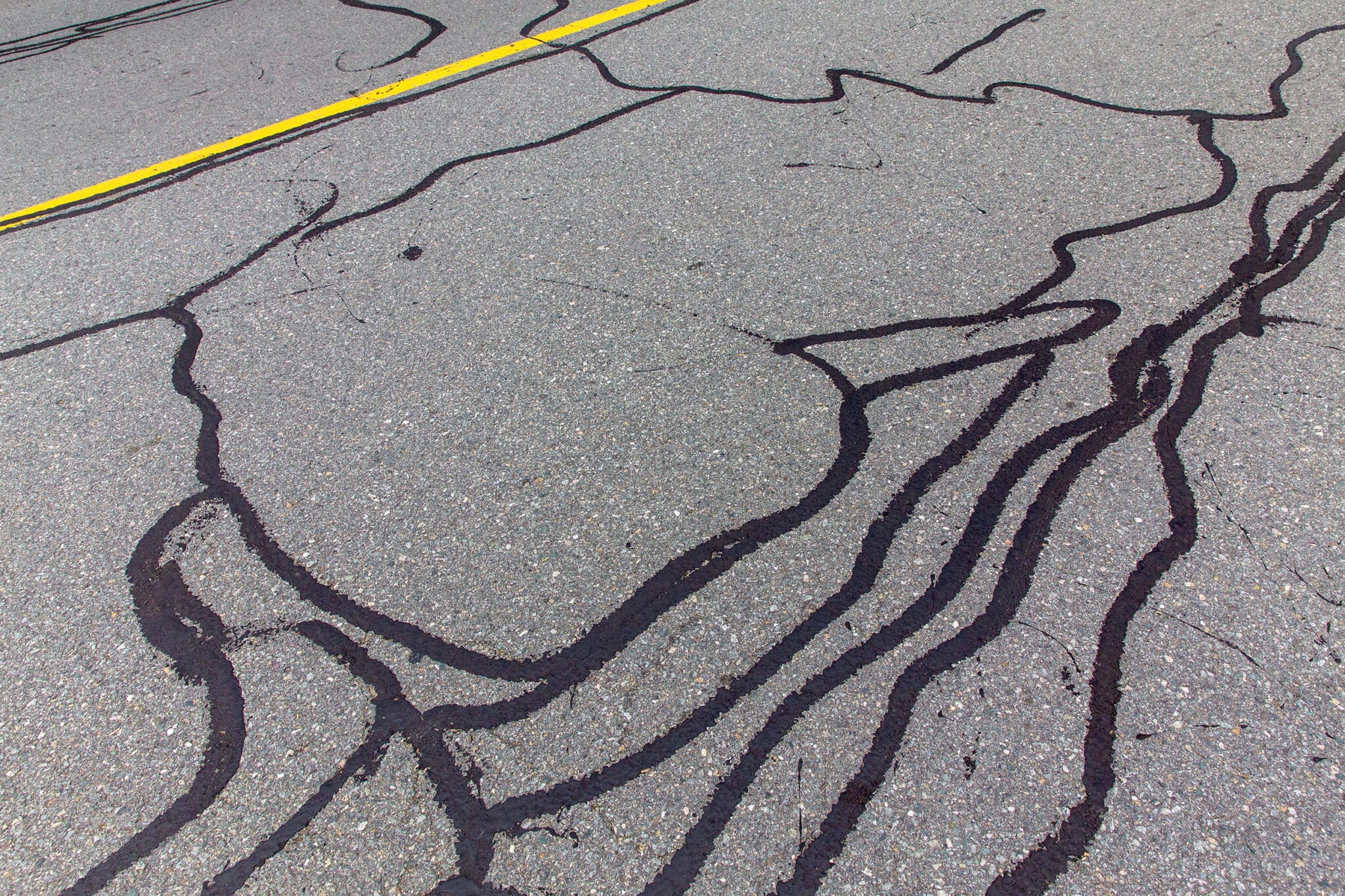Revitalize Angle Parking Lots: Asphalt Sealing Techniques Exposed
Revitalize Angle Parking Lots: Asphalt Sealing Techniques Exposed
Blog Article
Cold Mix Asphalt Vs. Hot Mix Asphalt: Which Is Right for You?

Structure Differences
Cold mix and hot mix asphalts differ dramatically in their composition, with distinct features that impact their efficiency and applications. Cold mix asphalt is generated by emulsifying the asphalt binder with water and an emulsifying representative before blending it with accumulation. This method permits the asphalt to be workable at reduced temperature levels, making it optimal for short-lived repair services and for use in chillier climate problems. Hot mix asphalt, on the other hand, is produced at high temperature levels, generally between 300-350 ° F, which assists to accomplish far better compaction and a more durable final item. The hot mix asphalt production process includes heating up the aggregate and asphalt binder independently before integrating them at the asphalt plant.
In addition, cold mix asphalt tends to be much less dense and more flexible than warm mix asphalt. This versatility makes it far better matched for locations with greater levels of activity, such as driveways or roads with rush hour. On the other hand, warm mix asphalt is recognized for its high sturdiness and resistance to rutting and splitting, making it a recommended choice for freeways and high-traffic roadways where durability is important.
Setup Process Differences
The procedure of setting up chilly mix and hot mix asphalt displays notable variations in their treatments and requirements. In contrast, warm mix asphalt demands a much more elaborate setup procedure. Due to the home heating needs, warm mix asphalt installations are usually lugged out by professionals with specific tools, guaranteeing a much more irreversible and structurally audio outcome.
Longevity and Longevity Elements
When taking into consideration asphalt alternatives, toughness and durability are important elements to examine for long lasting sidewalk efficiency. Hot mix asphalt (HMA) is understood for its outstanding toughness and longevity.
In regards to durability, HMA normally outshines CMA because of its superior stamina and resistance homes. HMA sidewalks have a longer life span, needing much less frequent repair work and upkeep, which can translate to cost financial savings over time. Furthermore, HMA sidewalks are much more conveniently personalized to satisfy specific job requirements, additionally improving their toughness.
Cost Considerations
Thinking about the monetary implications is a vital facet when reviewing the selection in between hot mix asphalt (HMA) and chilly mix asphalt (CMA) for sidewalk jobs. While the preliminary expense of warm mix asphalt is commonly greater than that of cold mix asphalt, HMA frequently provides a much more cost-efficient remedy in the lengthy run due to its premium description longevity and Web Site longevity.
In enhancement to material prices, it's vital to consider the costs linked with setup and upkeep when comparing HMA and CMA. Inevitably, the decision in between HMA and CMA ought to take right into account not just the preliminary price however also the long-lasting economic implications to figure out the most economical option for the certain sidewalk project.
Environmental Effect Comparison
Contrast of the environmental effects in between warm mix asphalt (HMA) and cold mix asphalt (CMA) exposes distinct distinctions in sustainability practices. HMA production calls for heats, causing raised energy intake and greenhouse gas emissions. The process likewise launches unpredictable natural compounds (VOCs) and dangerous air toxins (HAPs) right into the ambience. In contrast, CMA is created and used at lower temperatures, decreasing energy use and exhausts significantly. The lower manufacturing temperatures of CMA lead to reduced fuel consumption and reduced degrees of carbon dioxide emissions, making it a more eco-friendly choice.
Furthermore, the use of CMA frequently includes recycling existing asphalt pavement, promoting source conservation and decreasing the amount of waste sent to land fills. This reusing aspect additionally improves the sustainability of CMA compared to HMA. Overall, when taking into consideration the ecological effect, CMA becomes a more environmentally lasting selection as a result of its reduced energy requirements, lowered exhausts, and the possibility for reusing existing materials. By opting for CMA over HMA, roadway construction jobs can add positively to environmental preservation efforts.
Final Thought
Finally, the selection in between cool mix asphalt (CMA) and hot mix asphalt (HMA) relies on various aspects such as make-up, setup procedure, sturdiness, long life, cost, and environmental impact. asphalt repair. While CMA offers a quick and cost-efficient solution for minor repair services, HMA makes certain superior durability and durability for rush hour areas. Consider these variables thoroughly to figure out which sort of asphalt is the right choice for your paving needs

Considering the monetary effects is an important facet when assessing the choice between hot mix asphalt (HMA) and cool mix asphalt (CMA) for sidewalk tasks. While the preliminary price of warm mix asphalt is normally greater than that of chilly mix asphalt, HMA often provides a more economical service in the lengthy run due to its premium resilience and longevity. cold mix asphalt.Comparison of the ecological impacts between warm mix asphalt (HMA) and chilly mix asphalt (CMA) exposes distinct differences in sustainability methods.In verdict, the choice in between cold mix asphalt (CMA) and warm my link mix asphalt (HMA) depends on numerous variables such as composition, setup process, sturdiness, durability, price, and ecological impact
Report this page